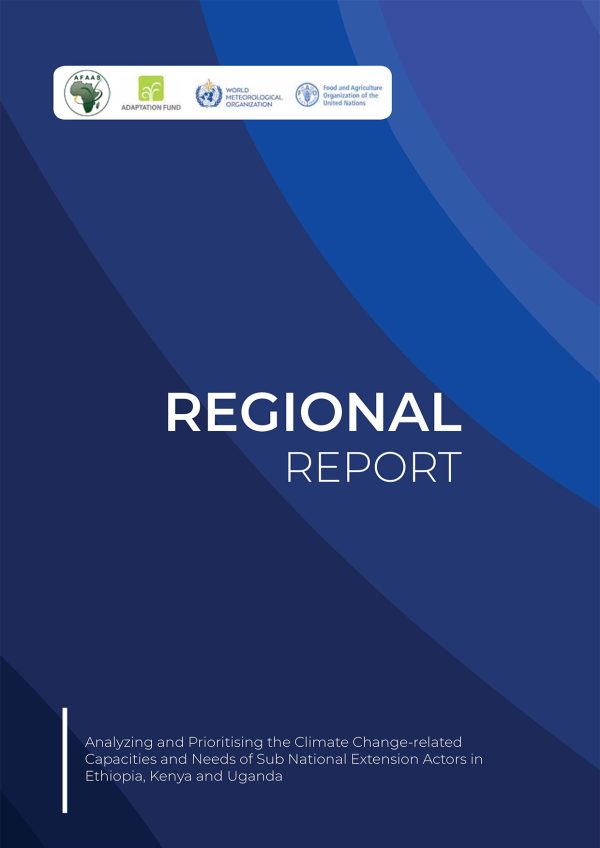Agriculture has been recognized as an important sector for development in East African region. In the context of the Sustainable Development Goals (SDGs), resilience is crucial to their achievement with a number of goals and indicators focusing on improving resilience of individuals, households, communities and nations. These include SDG2 on Ending Hunger for which target 2.4 indicates the need to “ensure sustainable food production systems and implement resilient agricultural practices that increase productivity and production, help maintain ecosystems, strengthen capacity for adaptation to extreme weather and associated disasters, progressively improve land and soil quality”; and SDG13 for which target 13.1 is specifically to “Strengthen resilience and adaptive capacity to climate-related hazards and natural disasters in all countries”. The Agricultural Climate Resilience Enhancement Initiative (ACREI) is a 3-year partnership program between the World Meteorological Organization (WMO), the Food and Agriculture Organization of the United
Nations (FAO) and the IGAD Climate Prediction and Applications Center (ICPAC) funded by the Adaptation Fund.
As a response to climate change impacts, building the capacity of extension actors at individual and institutional level, and assessing the enabling environment for response to climate change is critical. This assessment analyzes and prioritizes climate change-related capacities and needs of sub national extension actors in Ethiopia, Kenya and Uganda. The assessment used the FAO capacity assessment and development guidelines at local level (FAO 2015a). Under this guideline capacity assessed is under three dimensions of enabling environment, organization and individual capacities.
Enabling Environment dimension: Climate resilient agricultural extension can be highly impacted by the institutional set up at national and sub-national level. It includes things such as implicit and explicit rules, power structures, as well as the policy and legal environment in which individuals and organizations function. In terms of the Organizational dimension: This includes public and private organizations, civil society and networks of organizations. It addresses: performance of organizations; cross-sectoral, multi-stakeholder horizontal and vertical coordination and collaboration mechanisms; strategic management functions, structures and relationships; information, knowledge-sharing and decision-making processes. The individual dimension looks at: Involvement in climate change activities; Knowledge on climate change; and Individual challenges in climate change mainstreaming.
Despite a number of initiatives implemented in the three countries of this assessment, generally, there are no specific policies on integrating climate change in agricultural extension. Where climate change and agriculture policies exist as broader national policies, their implementation is elusive due to lack of awareness and financial support. Further, there is duplication with less coordination and networking amongst various organisations and stakeholders. There are limited climate change knowledge management systems and the extension agents themselves ofen lack the capacity to internalize the information, the communication tools for disseminating it and the resources for implementation.

